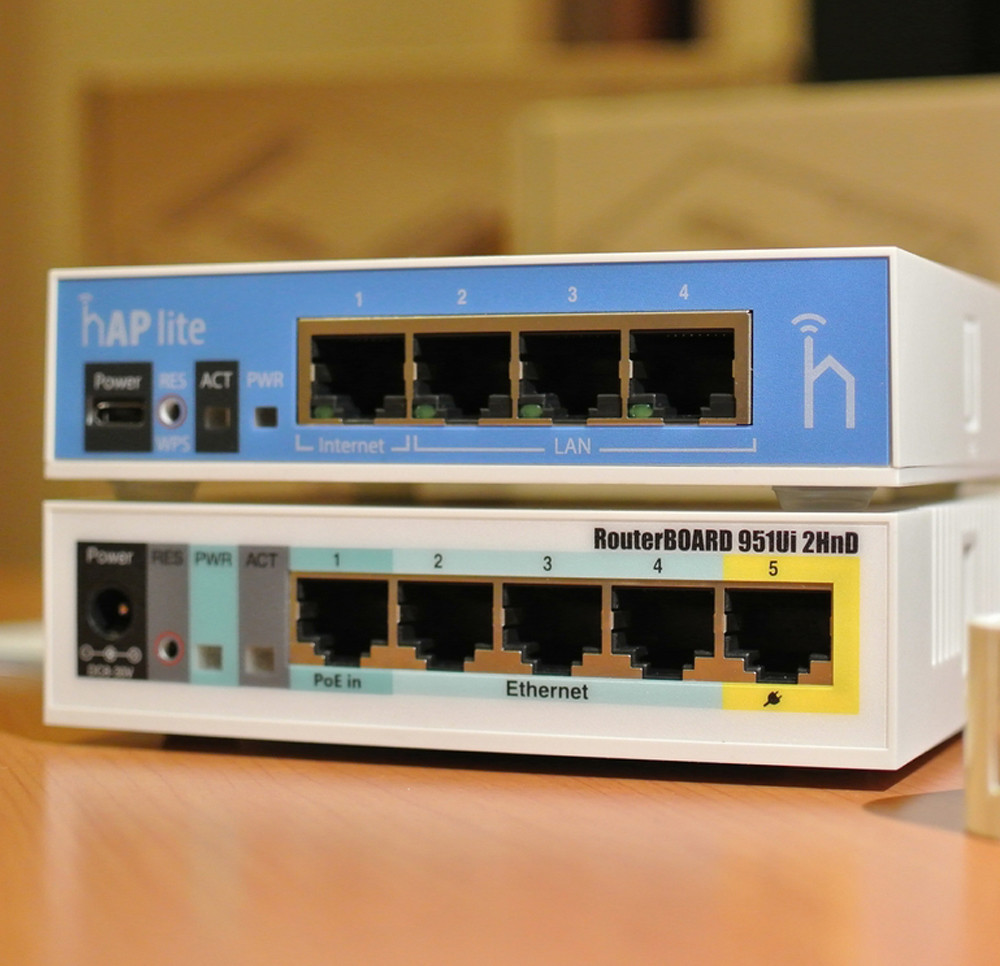A recognition award is often viewed as a simple gesture, but its influence stretches far beyond the surface. While many organizations consider Recognition Awards symbolic tokens of appreciation, in reality, they are strategic tools that shape employee morale, strengthen engagement, and build loyalty. The impact of a recognition award goes deeper than handing someone a plaque or trophy—it becomes a lasting reminder of value, respect, and contribution. Employees crave acknowledgment, and when it is delivered through a recognition award, the message resonates strongly and influences behavior long after the moment of presentation.
The Psychological Importance of a Recognition Award
Human beings thrive on acknowledgment, and in the workplace, the need for recognition is even more critical. A recognition award taps into intrinsic motivation by showing employees that their effort has meaning. While a paycheck covers basic needs, a recognition award satisfies the deeper desire for respect, appreciation, and belonging. This psychological reinforcement creates a positive feedback loop where employees feel valued and motivated to continue performing at their best.
Recognition Award as a Driver of Employee Retention
Retention is one of the biggest challenges companies face today, and recognition awards play a crucial role in solving this issue. Employees who feel invisible or undervalued often look for opportunities elsewhere, but a recognition award reassures them that their contributions matter. By creating a structured recognition award program, companies foster loyalty and reduce turnover costs. Employees who consistently receive recognition awards are less likely to leave, as they feel emotionally invested in their organization.
Recognition Award and Its Role in Productivity
Productivity is not simply about working harder; it is about working with purpose. A recognition award provides that sense of purpose by reinforcing that effort leads to acknowledgment. Employees who see their work celebrated with recognition awards are motivated to take on greater challenges, innovate, and deliver higher-quality results. Over time, the productivity boost that stems from recognition awards benefits not only individuals but also the entire organization.
Recognition Award as a Catalyst for Team Spirit
While individual accomplishments matter, a recognition award also has the power to strengthen teamwork. When employees witness their peers receiving recognition awards, it sparks motivation across the team. This collective inspiration fosters a culture where achievements are celebrated together. A recognition award does not just uplift the recipient—it energizes the entire group, promoting unity and collaboration.
Beyond Material Value: The Emotional Impact of a Recognition Award
Unlike bonuses or temporary incentives, the emotional value of a recognition award lasts far longer. A recognition award displayed on a desk or at home becomes a constant reminder of success, building confidence and pride. The positive emotions associated with receiving recognition awards influence how employees view their workplace, enhancing satisfaction and loyalty. These emotions cannot be replicated through financial rewards alone, which is why recognition awards hold such unique importance.
Recognition Award as a Symbol of Organizational Values
Every recognition award tells a story. It communicates what the company values most—whether it is innovation, leadership, teamwork, or dedication. By aligning recognition awards with organizational values, companies reinforce their mission while honoring individual achievements. Employees not only feel proud of their accomplishments but also feel connected to the broader vision of the company. This alignment transforms recognition awards into powerful cultural symbols.
The Long-Term ROI of a Recognition Award
Some organizations hesitate to invest in recognition award programs, viewing them as an added expense. However, the return on investment is significant. Recognition awards improve engagement, reduce turnover, enhance productivity, and build stronger leadership pipelines. Each recognition award contributes to long-term organizational health by fostering an environment where employees are driven to excel. Compared to the costs of recruitment, training, and disengagement, recognition awards provide immense value at a relatively low cost.
Recognition Award as a Leadership Development Tool
Leadership is not developed overnight, but recognition awards accelerate the process by highlighting potential. When employees receive recognition awards for demonstrating initiative, problem-solving, or team guidance, they are encouraged to grow into leadership roles. A recognition award signals trust and belief in their abilities, motivating them to step forward with confidence. Over time, recognition awards help organizations cultivate a strong pool of future leaders.
Recognition Award and Employee Engagement
Engagement is the heart of organizational success, and recognition awards are directly tied to it. Engaged employees are enthusiastic, committed, and willing to go the extra mile. A recognition award program creates a workplace where effort is consistently celebrated, leading to higher engagement levels. Employees who receive recognition awards are more emotionally connected to their roles, ensuring long-term success for both the individual and the company.
Recognition Award and Workplace Culture
A recognition award has the power to transform workplace culture. When recognition becomes a routine practice rather than a rare occurrence, it creates a culture of appreciation. Employees thrive in environments where achievements are visible and celebrated. A recognition award becomes a daily reminder of positivity, fostering a culture where respect, gratitude, and motivation are central to the organization’s identity.
Recognition Award vs. Monetary Rewards
While monetary rewards are important, they often fade quickly in memory. A recognition award, however, holds emotional weight that outlasts financial incentives. Employees may spend a bonus within weeks, but a recognition award remains on their shelf or desk for years. This lasting presence continuously reinforces their value to the organization, making recognition awards more effective in sustaining motivation over time.
The Recognition Award as a Legacy
Recognition awards do more than celebrate current achievements—they build legacies. Employees who collect recognition awards throughout their careers develop a portfolio of accomplishments that reflect their journey. This legacy fosters pride not only in the individual but also in the organization that supported their growth. A recognition award tells a story that extends beyond the workplace, inspiring others to strive for excellence.
Conclusion
A recognition award matters more than most companies realize. It is not just an object but a powerful motivator, a cultural symbol, and a strategic tool for retention, engagement, and leadership development. A recognition award connects emotionally with employees, strengthens team spirit, and builds long-term loyalty. By investing in recognition award programs, organizations can create a workplace where employees feel valued, motivated, and inspired to achieve greatness. Ultimately, the importance of a recognition award goes far beyond recognition itself—it is a cornerstone of success for both employees and organizations.




